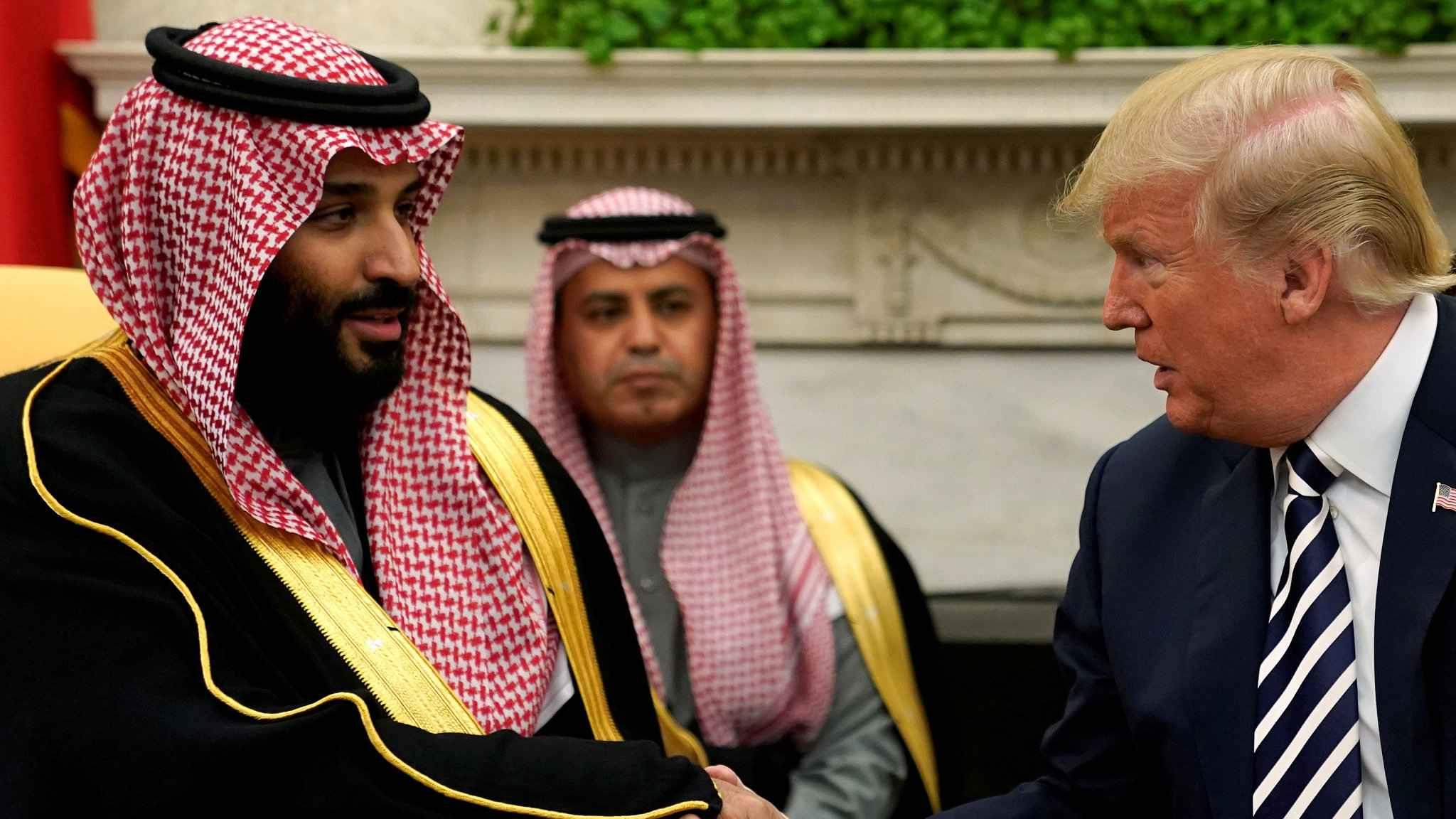WASHINGTON, Nov. 15 (CGTN) -- The US has imposed sanctions on 17 Saudi officials for their alleged role in the killing of Saudi journalist Jamal Khashoggi in an unusual move against a country closely allied to Washington.
The sanctions by the US Treasury Department were the first concrete response by the Trump administration to Khashoggi's death in the Saudi consulate in Istanbul in October.
Among those sanctioned were Saud al-Qahtani, who has been removed from his position as a top aide to Crown Prince Mohammed bin Salman, as well as the Saudi Consul General Mohammad al-Otaibi and members of a 15-person team Turkey has identified as being involved.
Thursday's move was unusual for Washington, which rarely imposes sanctions on Saudi nationals. They do not, however, target the Riyadh government, an important US security and economic ally.
The sanctions – which limit access to the US financial system and freeze people's assets – are to be implemented under an act which targets perpetrators of serious human rights abuses and corruption.
"These individuals who targeted and brutally killed a journalist who resided and worked in the United States must face consequences for their actions," Treasury Secretary Steve Mnuchin said in a statement.
Absent from the sanctions list were four officials fired last month along with Qahtani: General Ahmed al-Asiri, the deputy head of foreign intelligence, and three other intelligence deputies – General Rashad bin Hamed al-Hamadi, General Abdullah bin Khaleef al-Shaya, and General Mohammed Saleh al-Ramih.
The Treasury Department did not immediately respond to a request for an explanation of why they were not included.
US State Department spokeswoman Heather Nauert meanwhile said on Thursday there could be further US measures.
"It's a step in the right direction. It is an initial investigation finding. It is important that those steps continue to be taken for a full accountability. We will continue to work diligently to ascertain the facts," she told a news briefing.
The US sanctions came as Saudi Arabia's public prosecutor announced indictments against 11 people and said he was seeking the death penalty for five suspects in the murder. He did not name any of those indicted.
Khashoggi, a columnist for The Washington Post and critic of Saudi policy, was killed in the Saudi consulate in Istanbul on October 2, prompting international condemnation.
Riyadh initially denied any knowledge of his disappearance, then offered contradictory explanations including that he was killed in a rogue operation.
On Thursday, Saudi deputy public prosecutor and spokesman Shalaan al-Shalaan said Khashoggi died by lethal injection after a struggle.
Turkish President Tayyip Erdogan has said the order for the operation came from the highest level of Saudi leadership but probably not King Salman, putting the spotlight instead on his 33-year-old heir, Crown Prince Mohammed bin Salman.
Khashoggi's body was reportedly dismembered and removed from the building after he was killed. His body has yet to be found.
